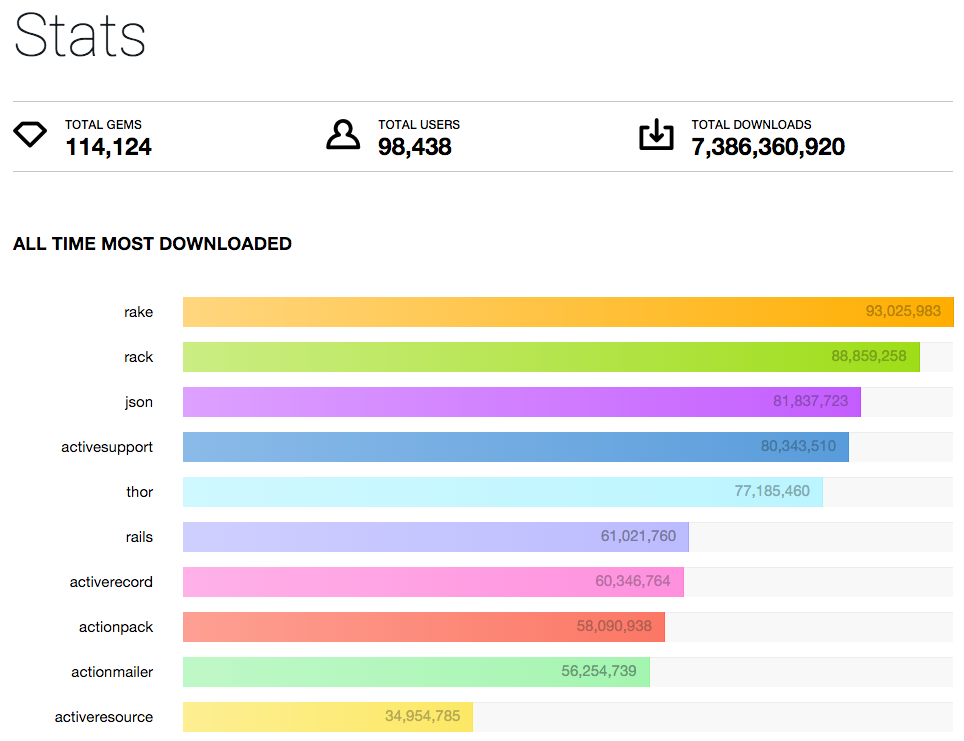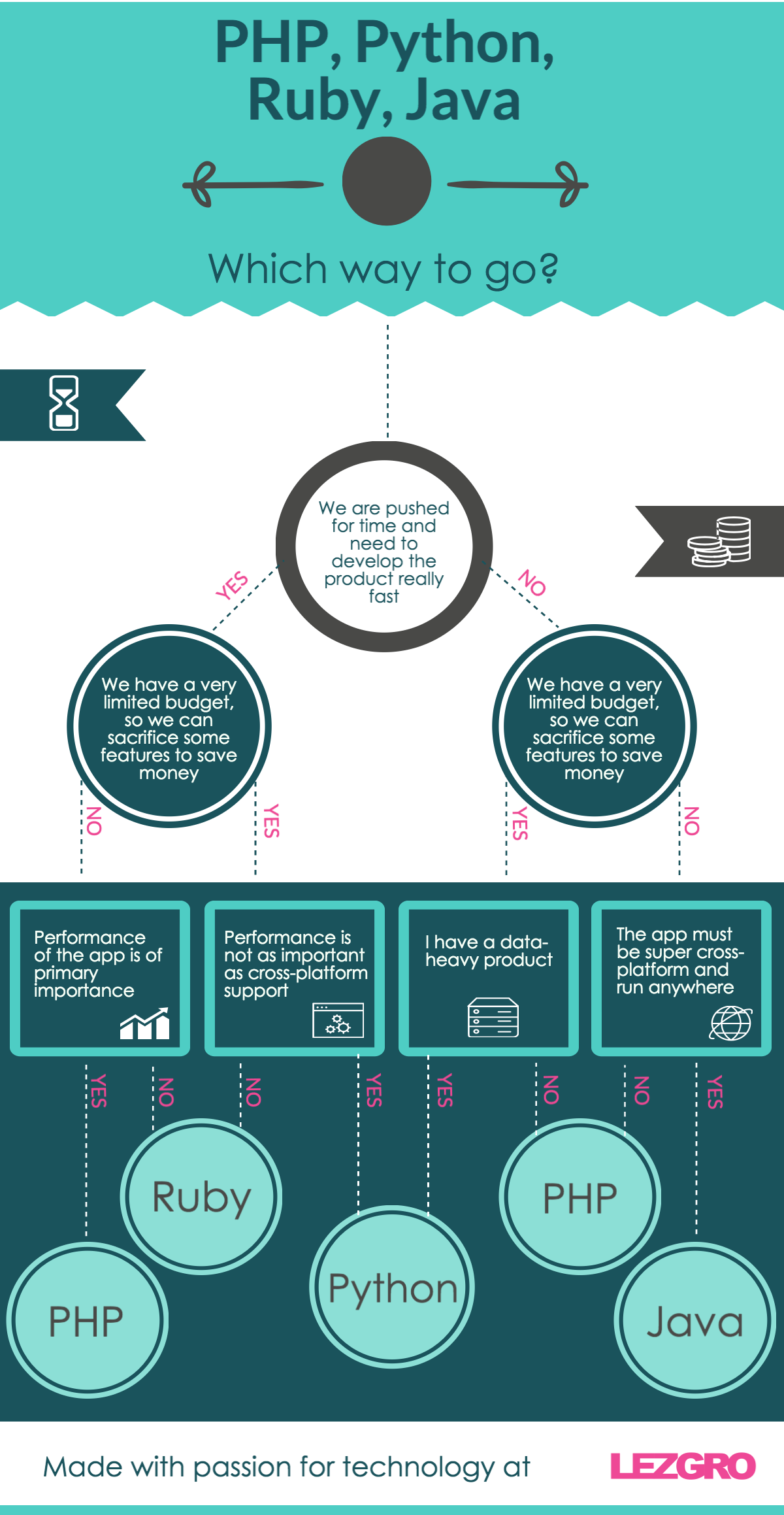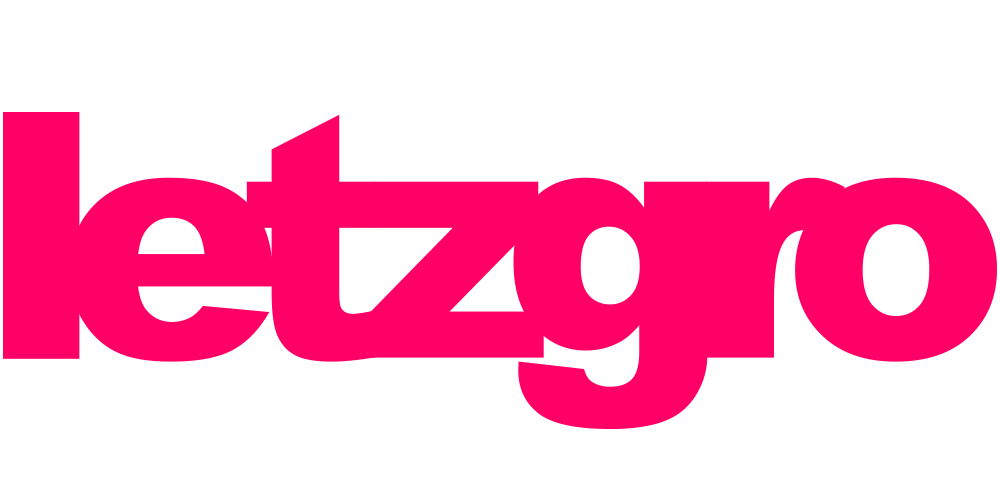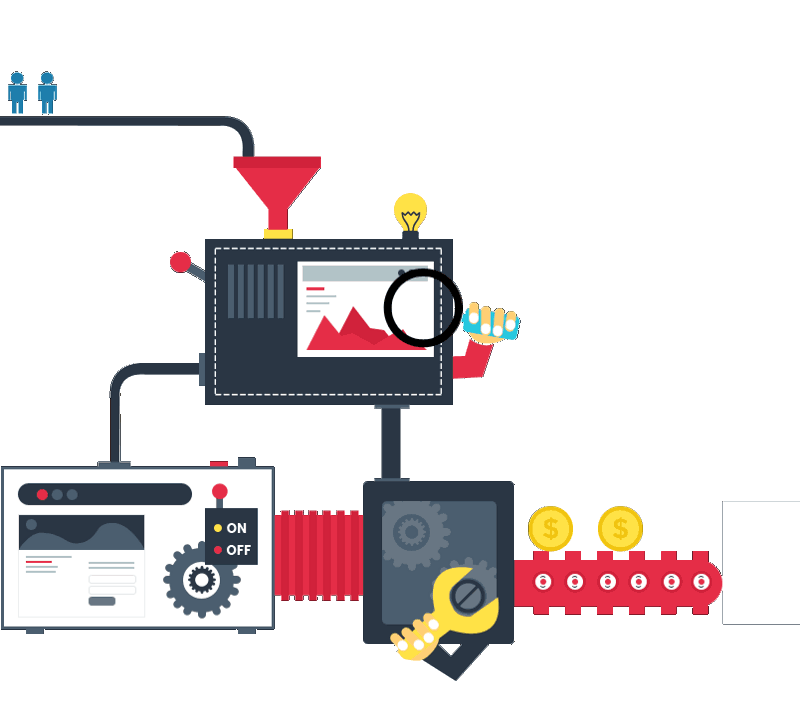
What really motivates people to go with one programming language or another when they start product development? Actually, it’s not an easy choice and it’s especially difficult for non-technical people who usually have to rely on their partners and advisors in this. This choice might even define the success of your business, so it’s definitely worth weighing up all the pros and cons of each option.
Criteria
[announce]
First, you should consider the following criteria:
- Efficiency of the language itself;
- Available platforms and frameworks;
- Community support;
- How difficult the language is to learn. Mind you, if the language syntax and rules are complex, you’ll get more capable developers as only the best ones can get through. On the other hand, there might be the scarcity of developers, which we see with the languages like Scala, Erlang, Lisp, Prolog, Golang and others.
- Strategic issues: which tech stack your potential acquisition company is using, or which technology stack they would prefer to have.
PHP
It’s hard to argue against the popularity of PHP, the scripting language which is used by many and has a vibrant developer community. It is used not only for WordPress development but also for complex systems so even Facebook utilizes PHP, which says a lot about its level of credibility.
Since PHP does not use too much of a system’s resources in order to run, it operates quite well compared with other scripting languages. Hosting it is also very easy as lots of hosts provide support for PHP.
Pros of PHP:
- It is highly accessible, there are a lot of frameworks written in it like Symfony, Yii, Laravel, CakePHP, Kohana, Zend Framework, PhalconPHP, to name a few.
- It enables fast implementation of complex solutions. And the faster a new application enters the market, the higher is your cost-efficiency and the greater is your competitive advantage.
- Thanks to the popularity of PHP, it offers great flexibility during and after the initial project, as the number of resources is continuously growing.
- It has sound host support.
- PHP can be embedded in HTML.
- PHP7 was released in December 2015 ahead of deadlines and its performance has grown substantially. Totally different architecture sits in its kernel, so it changes the way how the interpreted code is being processed on operation system level, and this actually causes this increase in performance.
- There are performance accelerators available for PHP. For example, Facebook came up with HipHop, a compiler of PHP into C which then turned into executable files. Eventually, HipHop project came up with a virtual machine transforming PHP script into bytecode and doing its own internal performance optimization. There are also such solutions as APC, ionCube, Turck MMCache, Zend Opcache, XCache etc.
- Websites powered by PHP: Facebook, WordPress, Wikipedia, Mailchimp, Flickr, Yahoo!, Tumblr etc.
Cons of PHP
- When someone claims that they know PHP, it’s hard to assess their level of development skill, so you’ll need to dig deeper. PHP is so easy to learn on the basic level that people without proper computer science background could go and start developing, not knowing much about algorithms, time complexity, application performance optimization, advanced database querying, systems scalability and other important aspects.
- It’s not as cross-platform as some of its competitors. The language is compatible with UNIX based OS and Windows OS.
Python
Pros of Python
- It requires less time to develop than, for instance, in Java, as programs are shorter. So faster development and also deeper prototyping would give you a competitive advantage.
- Python has a quite simple syntax and easy-to-use data structures.
- It performs well across different platforms.
- The language has good scalability.
- Apps powered or supported by Python include Instagram, Pinterest, Django, Google, NASA, Yahoo, etc. You can also check out more organizations using Python.
Cons of Python
- Performance could be better. Programs in Python are slower than in Java, for example. This is obviously because it is one of the interpreted languages, which are normally slower than compiled languages.
Ruby
According to Stack Overflow 2015 Developer Survey, Ruby is the technology which pays best in Western Europe, which says a lot about its adoption scale.
Pros of Ruby
- Ruby prefers convention over configuration which makes applications easier to develop and understand. Clear syntax makes the programming process much faster and more efficient.
- RoR framework has very simple structure, it’s easy for developers.
- Don’t Repeat Yourself, or DRY Principle. By not writing the same information over and over again, the code is more maintainable, more extensible, and less buggy.
- You can develop MVP very fast on Ruby, it takes less time than on other languages.
- It has big development community.
- Testing plays a big role in development. Minitest library goes together with Ruby, so when you develop something, it’s ready for testing. As a result, you get a neat secure product. There’s also a very powerful testing framework for ROR called RSpec.
- Platforms that are supported by Ruby include Hulu, Shopify, Twitter, Scribd, Crunchbase, Groupon, etc.
- There are many libraries, gems for any case, so when you are writing the code, you can use a ready-made solution, so you don’t need to write it from scratch. The main repository contains over 100,000 gems. https://rubygems.org/stats

Cons of Ruby
- The performance is not as fast as on PHP or Javascript.
- As it’s the technology that pays really well, development might turn out to be more expensive than in other languages.
Java
Java Pros
- The core value proposition of the Java platform says “Write once, run anywhere”. So the most important promise of Java technology is that you only have to write your application once and then you’ll be able to run it anywhere. JVM is a universal engine, you can use it for anything, it will work everywhere. It’s the most cross-platform language.
- It was arguably built with security in mind, so security features are one of Java’s advantages.
- It has a big and dedicated development community.
- Outstanding performance.
Java Cons
- Bigger projects can be difficult to compile and build.
- Development is more expensive than in PHP or Python.
If you are still sitting on the fence with your choice, go through this fun flowchart and find out which language is better for your product 🙂 And remember, you just need to find a good team with talented developers. Then no matter which programming language you go for, you can be confident in the final result.



